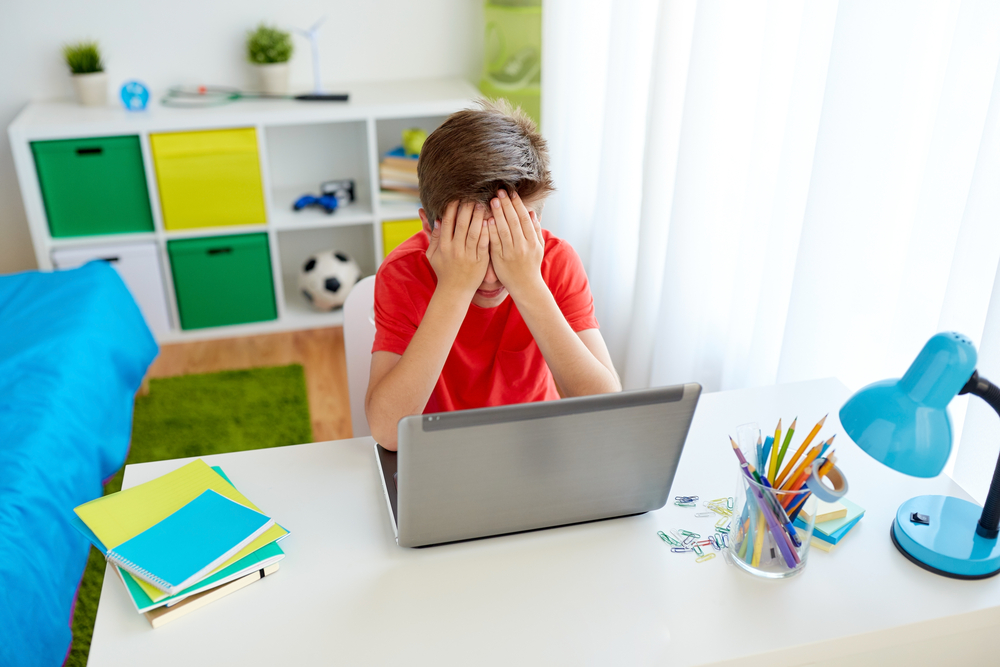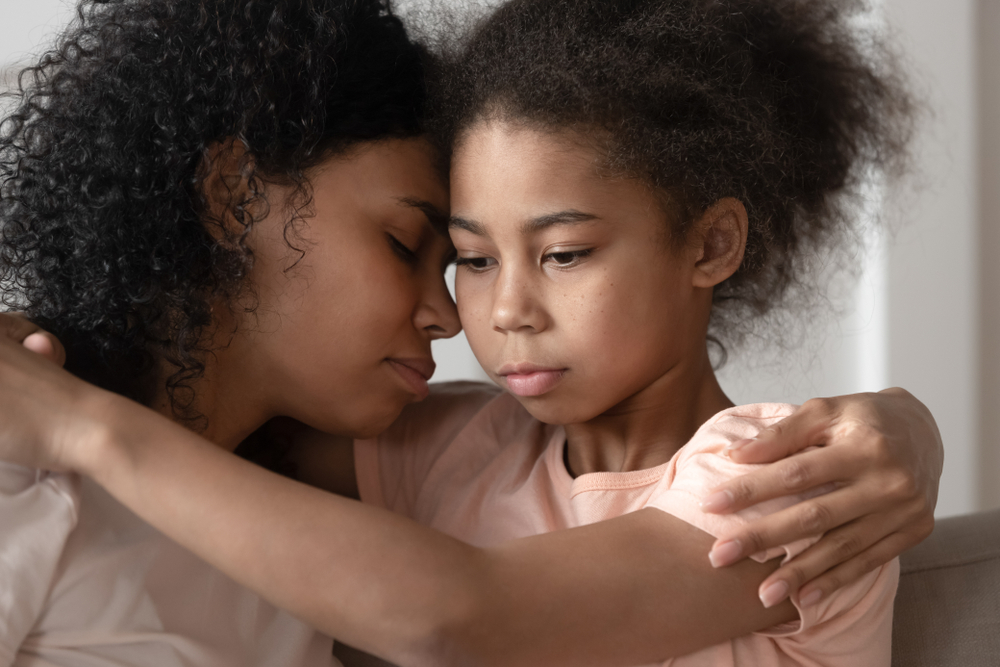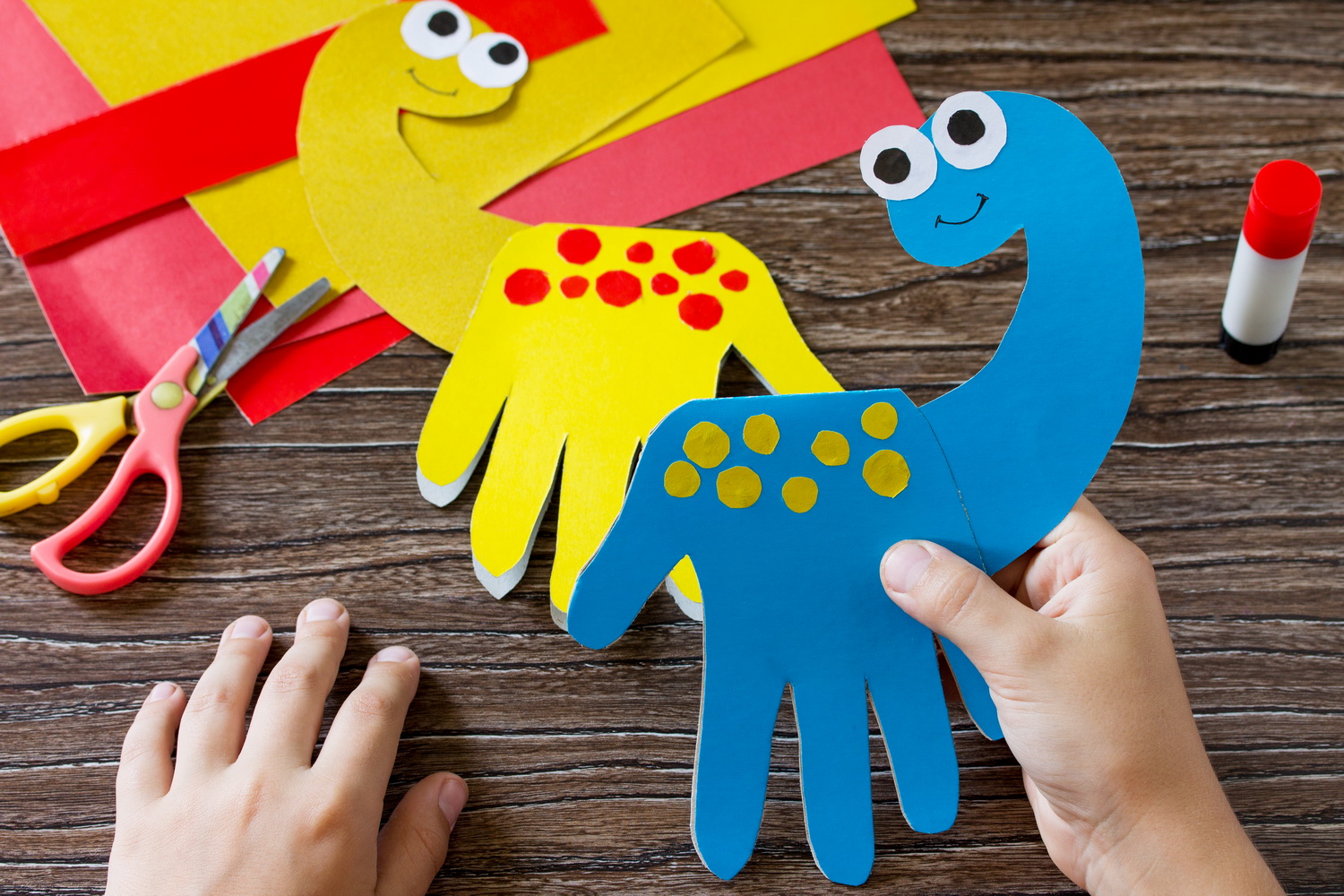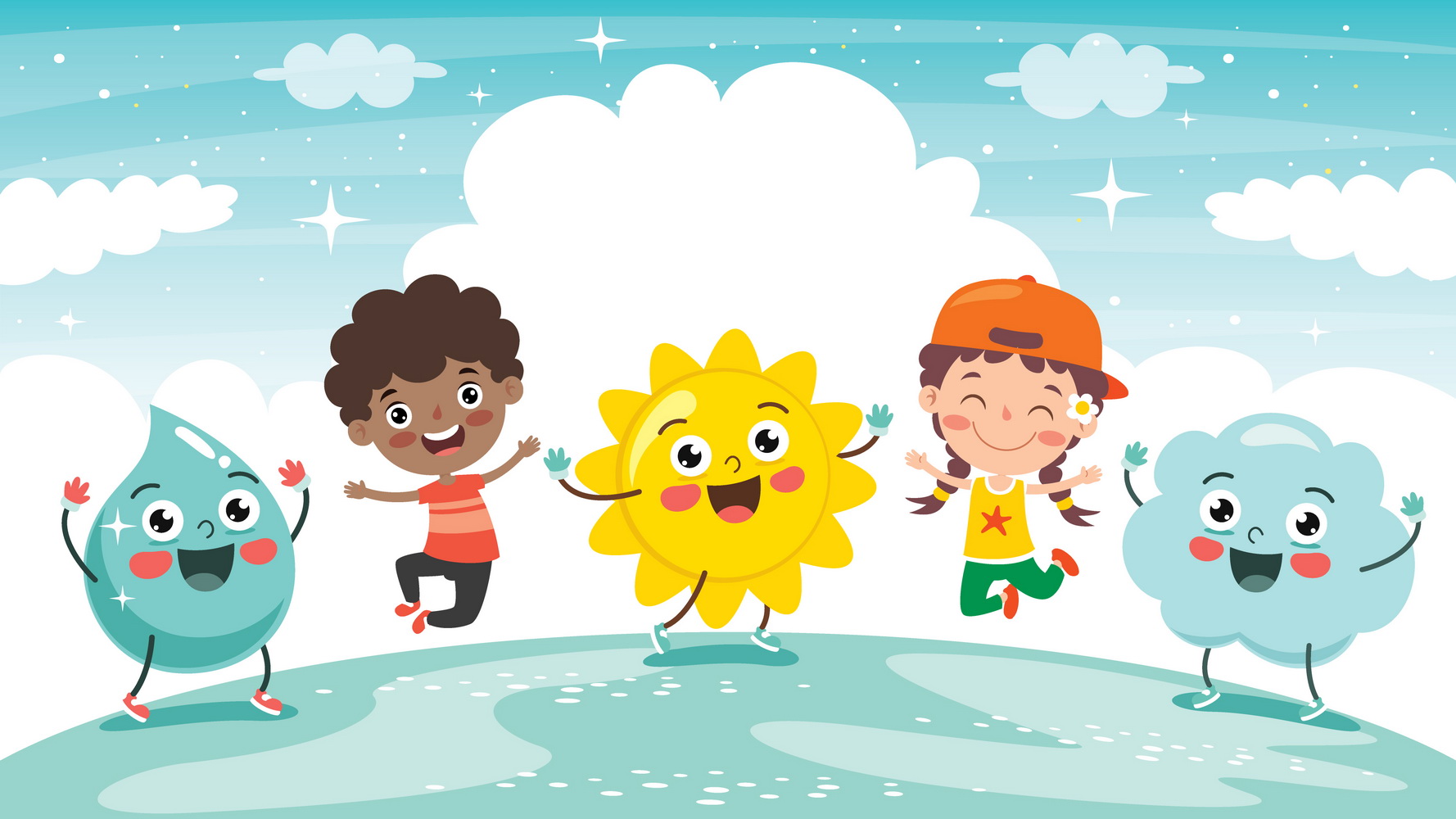Cyberbullying: Warning Signs, Effects on Children and How to Help
Jan. 19, 2022
I experienced cyberbullying when I was in my first year of college, and I still suffer from the traces of its extreme effect on me. After I had a fight with a friend, she shared my private traumatic and embarrassing experience on Twitter – something I had told her earlier in strict confidence. I cried when I saw that tweet, and I cried for weeks feeling exposed and mortified. I wanted to run away and hide from the rest of the world, from everyone who knew me. I was literally scared whenever I heard a notification from my phone. Although, my friend soon deleted her tweet and sincerely apologized, I still kept on receiving messages asking if it was true. That experience affected my self-esteem, I became less bubbly and more reserved, I felt isolated and not able to trust anyone. This is an example of how a single post can affect one’s life and how damaging its consequences can be. Thinking that similar things happen to younger people pushed me into teaching children and parents about social media and ways it can influence our well-being.
We are living in a world of technology, and everyone is glued to their gadgets as we do most things with them. Many of us use Facebook, Instagram, Twitter, Snapchat, and now TikTok, as a way to communicate with both friends and strangers. It has been a trend to post everything on social media, even exposing one’s own insecurities and issues, which can often create a more open and honest connection with others. However, sometimes one cannot calculate the consequences of their social media presence and may find themselves in a very vulnerable and psychologically challenging position, which is especially the case with children and teenagers.

Nearly all social media apps require their users to be at least 13 years old – as indicated in their Terms and Conditions. This restriction exists because COPPA, which stands for Children’s Online Privacy Protection Act, states that any organizations or people operating online services (including social media services) are not allowed to gather the personal data of anyone under the age of 13 without parental permission. However, on the one hand, it’s very easy to get around those restrictions, and on the other, parents tend to be not very strict with their children about how the latter use their gadgets. As a result, many kids have access to virtual social spaces where anything is possible, including bullying.
Cyberbullying is a type of bullying wherein someone uses technology to harass, embarrass, or threaten a person.
Adsense-container
Some parents may think that physical or face-to-face confrontation is worse, however, the effects of cyberbullying turn out to be the same and even greater. Everyone can be a victim of cyberbullying, even those who are not on social media. People can easily post mean stuff about anyone and share it with users around the world. Another bad side of it is that what’s already been posted cannot be deleted in the reader’s memories – it is permanent. Cyberbullying can have a significant impact on its victim’s emotional and mental being. Awareness of the changes in your child’s mood and behavior is important to get a grasp of what is happening with them.

What are the effects of cyberbullying?
Cyberbullying may impact your child’s well-being – emotionally and mentally. Here are some effects of it:
- Lowered self-esteem – usually cyberbullying attacks individuals’ insecurities (physical appearance, intelligence, etc.), and this affects their self-esteem. Being embarrassed through a social media post can make your child feel self-conscious and avoid going out to be seen or posting photos of themselves.
- Social withdrawal – when an individual is cyberbullied, they will often avoid social gatherings and will likely spend time alone. It may also be because their self-esteem has dropped or they have lost interest in things they loved doing before.
- Slipping grades – children who are cyberbullied tend to become apathetic and this can affect learning and school activities. Your child may put little to no effort into their schooling and lose focus to their studies, which will cause their grades to drop.
- Depression – anxiety and depression can be a common effect of cyberbullying. The symptoms of depression include, but are not limited to: withdrawal from social interaction – keeping away from family, friends, and school; losing pleasure from the things usually enjoyed; feeling worthlessness; experiencing changes in sleeping patterns and appetite; having suicidal thoughts.
- Decline in physical health – since cyberbullying will often affect your child’s eating and sleeping pattern, and may level up their stress, the chance of them falling ill is highly possible. Children may be eating less or too much and both can affect their health. The sleeping pattern is also a concern, you may notice your child not resting enough or, on the opposite, sleeping too much. Lastly, stress can have a profound impact on health, it may lead to always feeling sick – having stomach pain, headache, chest pain, nausea, etc.
Cyberbullying can be a traumatic experience for your child, and it may make them feel alone, like the entire world is their enemy. It is critical to support your child in whatever they are dealing with.

What can parents do to help?
If you know that your child is being cyberbullied, look into the ways you can help your child:
- Be supportive and talk about cyberbullying – some children may be reluctant to share what is happening to them. Do not push your child into telling you. If you feel like they would not tell you anything, sharing your own experiences of being bullied and letting your child know that they are not alone may help them open up. If your child has come to you freely about his or her situation, listen and try to understand them calmly.
- Make them feel safe and secure – learn about the extent of bullying. Your child is most likely scared at this point – let them feel that you will protect them whatever happens and that you will be with them through this. Remind them that it is not their fault. Ask them what they would like to do and make sure to meet them halfway – always give importance to their decision in dealing with bullying.
- Notify the school – if the cyberbullying happens to be school related, making it known to the school officials is necessary. Talk to the principal or the head teacher so that they could take precautionary measures and prevent future cases of cyberbullying. Make sure to let your child know about this decision, since it is supposed to help them feel safer.
- Don’t respond to the bully – tell your child not to respond to the bully or to any cyberbullying messages. Have your child block the bullies on social media and, if needed, change their e-mail address and accounts to avoid having contacts with the bullies.
- Document the cyberbullying incident – make screenshots of the hurtful posts the bullies have made on social media or record them. This can be used as evidence in case you and your child decide to report the incident to school or law enforcement and to get the said posts removed from social media.
- Do not contact the parent of the bully – unless you know the situation and the bully very well. Sometimes, contacting the parents can make things worse as they can also be in denial.

Always remember to learn how the bullying happened and what triggered it. Bullying is never okay, no matter if it is physical or cyber, but knowing the whole story will help you find the best approach to use in the situation. Be certain not to blame your child for what is happening and avoid degrading the bully as well – you must be a role model for your child. Reassure your child, constantly make them feel safe and protected.
You may try to limit your kid’s access to social media or monitor their use to prevent future cyberbullying incidents. If your child has social media accounts, ensure that they are private and that contents are filtered for their safety. Finally, you can become part of your child’s online world: ask them to be friends or to follow each other, but avoid posting or commenting too much so as not to make them feel watched and uncomfortable.
Want to know more about bullying and ways to prevent it? We have published a series of articles on bullying in our parenting blog, feel free to check them out! If you want to get your child acquainted with examples of bullying in a safe environment, the Talented and Gifted app is the right choice. It contains relevant age appropriate worksheets and fairy tales like Cinderella and The Three Little that deal with the issue of bullying.
About the author
Jorezza Antonio - Behavioral Therapist.
Metro Manila, National Capital Region, Philippines.
Resources:
- https://www.stopbullying.gov/cyberbullying/what-is-it
- https://kidshealth.org/en/parents/cyberbullying.html
- https://cyberbullying.org/Cyberbullying-Identification-Prevention-Response.pdf
- https://cyberbullying.org/cyberbullying-warning-signs
- https://www.childnet.com/blog/age-restrictions-on-social-media-services
- https://cyberbullying.org/what-to-do-when-your-child-is-cyberbullied
- https://www.canada.ca/en/public-safety-canada/campaigns/cyberbullying/help-protect-your-child-from-cyberbullying.html
- https://www.adl.org/resources/tools-and-strategies/cyberbullying-warning-signs
- https://www.netnanny.com/blog/the-10-warning-signs-of-cyberbullying/
- https://www.cyberwise.org/post/effects-of-cyberbullying-on-an-individual




.jpg)







